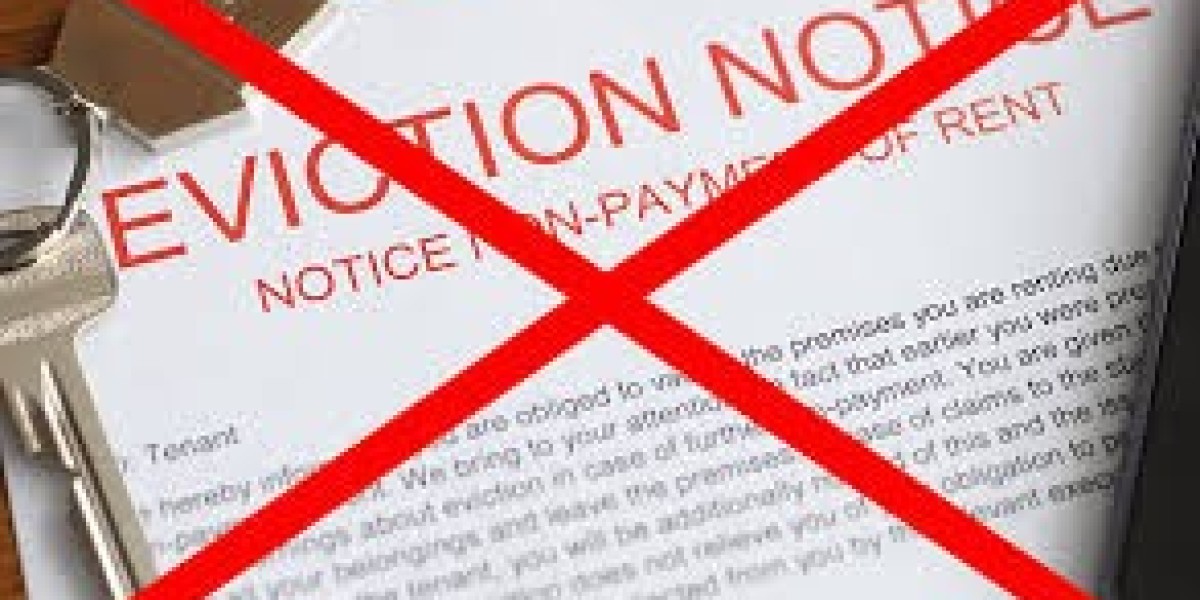Stop Tenant Rent Arrears – Legal Eviction Advice
Introduction
Rent arrears can be a major issue for landlords, leading to financial losses and legal complications. If a tenant refuses to pay rent, landlords must act quickly while following the legal eviction process. Understanding your rights and the steps to evict a non-paying tenant legally is crucial to protecting your investment.
This guide explains how to handle rent arrears, the legal eviction process, and how to find an eviction specialist near you.
Understanding Rent Arrears in the UK
What Are Rent Arrears?
Rent arrears occur when a tenant fails to pay rent on time. If payments are missed, landlords must take action to recover the debt or start the eviction process.
Common Reasons Tenants Fall into Arrears
Financial difficulties (job loss, unexpected expenses)
Refusal to pay due to disputes (repairs, contract disagreements)
Intentional non-payment (problem tenants abusing tenancy laws)
It’s essential to address arrears early to prevent escalating issues.
How to Handle Rent Arrears Before Eviction
1. Communicate with the Tenant
Send a polite reminder about overdue rent.
Offer a payment plan if the tenant is facing financial hardship.
Keep records of all communication.
✅ Best for tenants who are willing to cooperate ⏳ Timeline: Immediate action required
2. Issue a Formal Rent Demand Letter
If informal communication fails, serve a formal rent arrears letter.
What to Include:
✔ The total amount owed ✔ Payment deadline ✔ Warning of legal action if unpaid
✅ Sets a clear deadline for repayment ⏳ Timeline: 7-14 days
Legal Eviction Process for Rent Arrears
1. Serve a Section 8 Notice
A Section 8 Notice is used to evict a tenant who has broken their tenancy agreement by failing to pay rent.
When Can You Use Section 8?
? Rent must be at least 2 months in arrears for an Assured Shorthold Tenancy (AST). ? Must use Ground 8, 10, or 11 of the Housing Act 1988.
Steps to Serve Section 8:
Complete a Section 8 Notice (Form 3).
Give the tenant 14 days’ notice to pay or vacate.
If unpaid, apply for a possession order in court.
✅ Best for evicting tenants with unpaid rent ⏳ Timeline: 2-3 months
2. Serve a Section 21 Notice (No-Fault Eviction)
A Section 21 Notice allows landlords to regain possession of their property without needing a reason.
When to Use Section 21:
✔ The tenancy is at the end of a fixed term or on a rolling basis. ✔ You provided legally required documents (e.g., EPC, gas safety certificate). ✔ The notice period is 2 months.
✅ Best for regaining property without a legal dispute ⏳ Timeline: 2-5 months
3. Apply for a Possession Order
If the tenant refuses to leave after a Section 8 or 21 notice, landlords must apply to the court for an eviction order.
Standard Possession Order (For Rent Arrears)
Apply if the tenant owes rent and refuses to leave.
Court fee: £355
Timeline: 4-6 weeks
Accelerated Possession Order (For Section 21 Cases)
Faster option if no rent arrears claim is needed.
Court fee: £355
Timeline: 2-3 months
4. Enforce Eviction with Bailiffs
If the tenant ignores the possession order, landlords must request bailiff enforcement.
Options for Bailiff Eviction:
✔ County Court Bailiffs – Standard enforcement, slower process. ✔ High Court Enforcement Officers (HCEOs) – Faster removal option.
✅ Best for tenants refusing to vacate ⏳ Timeline: 1-4 weeks after possession order
Hiring an Eviction Specialist
Legal eviction can be complex, and mistakes may lead to delays. Eviction specialists provide expert assistance in serving notices, handling court paperwork, and ensuring a fast eviction process.
Eviction Specialist Services Include:
✔ Drafting Section 8 & Section 21 Notices ✔ Court applications for possession orders ✔ Bailiff and High Court enforcement ✔ Urgent eviction services
? Search for “Eviction Specialist Near Me” to find experienced professionals.
Common Eviction Mistakes & How to Avoid Them
? Not Following Legal Notice Periods – Incorrect notice periods can delay eviction.
? Not Protecting the Tenant’s Deposit – If the deposit is not protected, Section 21 eviction is invalid.
? Trying to Evict Without a Court Order – Illegal eviction is a criminal offense.
✅ Solution: Work with an eviction specialist to ensure compliance with UK law.
Cost of Tenant Eviction in the UK
? Section 8 or 21 Notice: £60 - £150
? Possession Order: £355
? County Court Bailiff Eviction: £130 - £500
? High Court Bailiff Eviction: £1,000+
? Eviction Specialist Services: £500 - £2,500
Investing in professional eviction services ensures a faster resolution and reduced financial loss.
Conclusion
Stopping tenant rent arrears requires quick and legal action. The best solutions include:
✅ Early communication and rent reminders
✅ Serving a Section 8 Notice for unpaid rent
✅ Using a Section 21 Notice for no-fault evictions
✅ Applying for a possession order if tenants refuse to leave
✅ Hiring an eviction specialist for a faster process
If you are struggling with rent arrears and need legal eviction advice, contact an eviction specialist near you for expert guidance!










